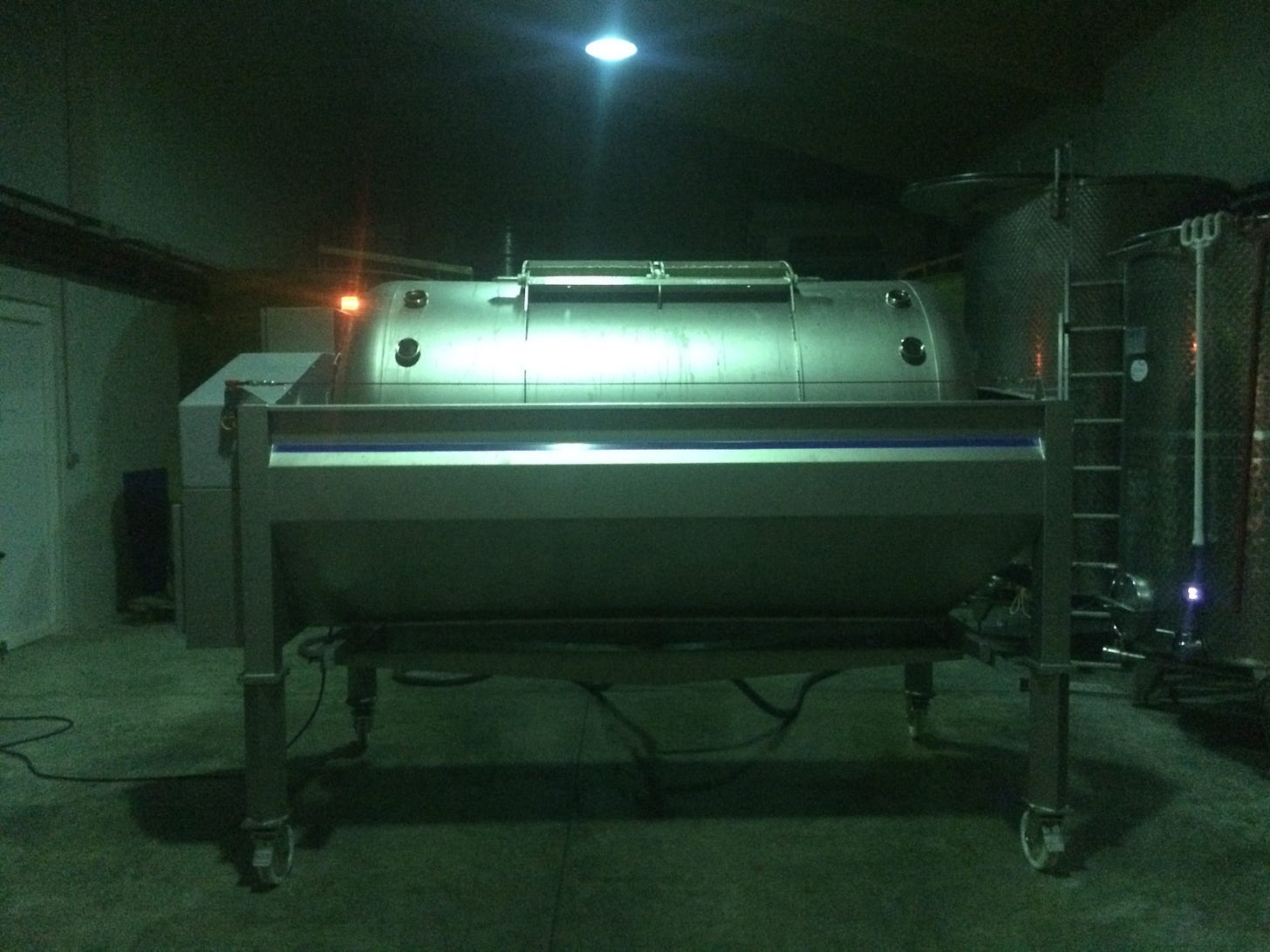Cellar hygiene über alles
The latest instalment of Hannah's adventures in the Ardeche finds her developing a strange relationship with a pneumatic press. And realising that the hardest work at harvest was not in the vineyard, after all.

I used to think it was the vendangers who had it hardest at harvest. Last year, punching eight hours a day picking chez Cousin, I regarded the handsome boys who worked in the cellar enviously. They surely had it easier because they got to work in the cool with straight backs. Their work was brain work, 9-5 alchemy while we danced around the clock on han…
Keep reading with a 7-day free trial
Subscribe to The Morning Claret to keep reading this post and get 7 days of free access to the full post archives.



